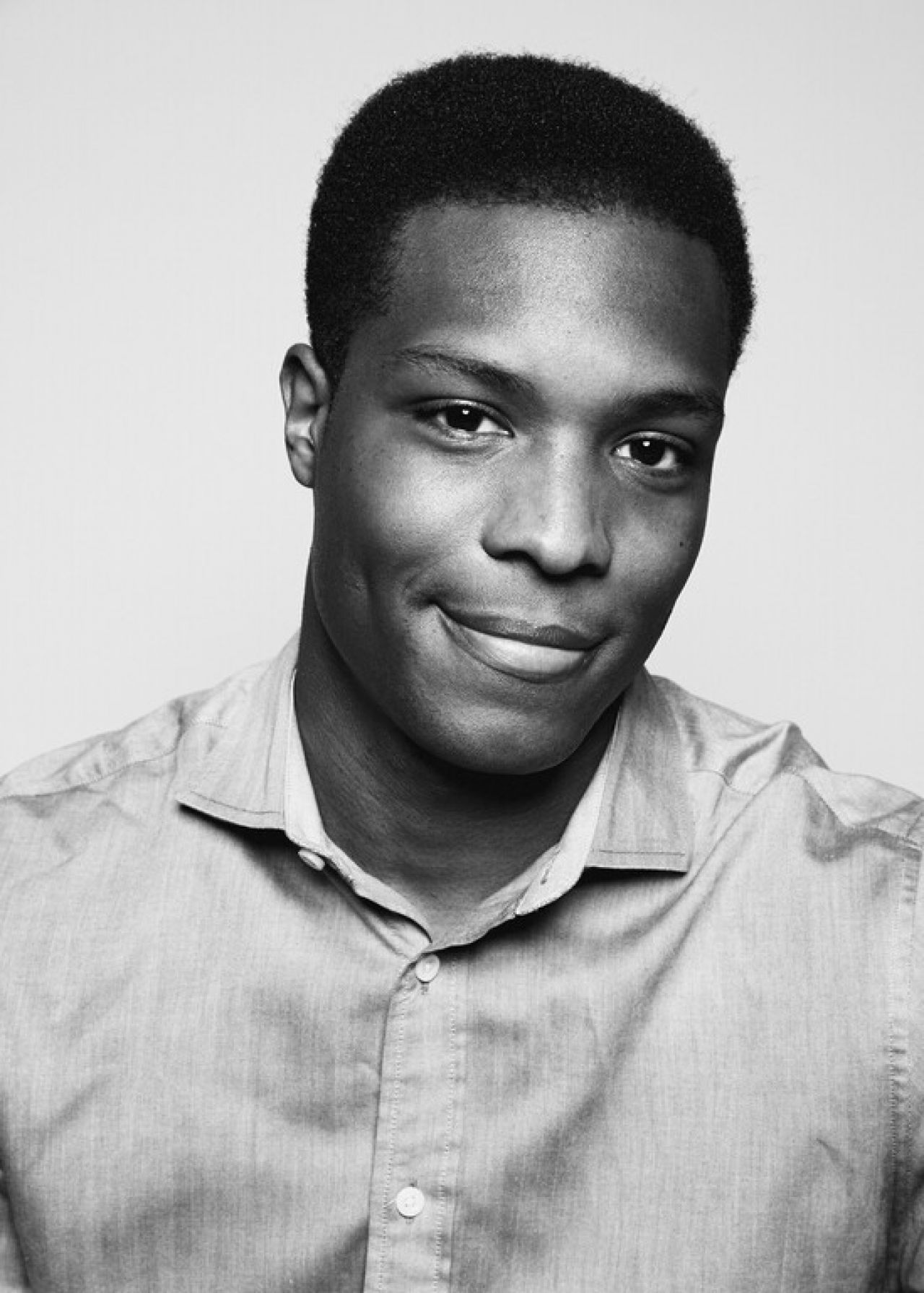Alumnus makes an impact covering social issues, criminal justice for TIME

While he was a Penn State student, Josiah Bates had his sights on becoming a sports reporter. Then on Feb. 26, 2012, 17-year-old Trayvon Martin was shot and killed in Sanford, Florida. That tragic event and the fledgling Black Lives Matter movement elevated social justice and gun control into news headlines and the national consciousness. They altered Bates’ career path too.
Today Bates, who is Black, is a staff writer for TIME magazine who writes about social issues, criminal justice and race.
Over the past two years, he has focused on delivering the voices of everyday Americans to a national audience. His stories are a combination of timely news reporting and in-depth feature writing. He does not shy away from difficult topics, and he works from the “ground level” to capture the perspectives of the people he writes about.
“I think one of the struggles with mainstream media is that we don’t allow the people who are on the ground to tell us what’s going on,” he said. “I really try to let them tell the story.”
Alex Rees, news editor at TIME, said, “Josiah owns his beat here at TIME. He has built a real expertise in the areas that he's covering in a short amount of time, which has been super cool to watch.”
A native of Brooklyn, New York, Bates found his passion for writing in high school. He became a news junkie while a broadcast journalism major in the Donald P. Bellisario College of Communications. He earned his degree in 2015 and credits the Bellisario College for honing his skills as a journalist and introducing him to mentors who got him started as he “pivoted” away from sports journalism.
“When I first got to (Penn State), I didn’t really know much about the Penn State tradition. I picked it because it was a really good school,” Bates said. “I am really happy I went there, because I had some great professors … and the things I learned at Penn State, I still use today professionally.”
Bates credited Jesse Washington, a senior writer at the Undefeated, who visited the University Park campus in 2014 for a talk, as a mentor and inspiration early in his career. He also named John Affleck, professor and Knight Chair in Sports Journalism and Society, and Mike Poorman, lecturer and director of alumni relations in the Bellisario College, as influential professors.
“I am not where I am today without John Affleck,” Bates said. “I mean that with all sincerity.”
Even though he graduated with a broadcast journalism degree, Bates transitioned to print/digital writing. He said it gives him the freedom to dig a little deeper into stories and topics and explain a story in depth – an important aspect when covering a beat like his.
Getting lost in the details and digging into topics to tell a story is what I love. I want people to have a very comprehensive understanding of what I’m writing about – especially the topics I cover like criminal justice, police and social issues. It's a lot more nuanced than I think people realize.
Josiah Bates ('15)
“Getting lost in the details and digging into topics to tell a story is what I love,” Bates said. “I want people to have a very comprehensive understanding of what I’m writing about – especially the topics I cover like criminal justice, police and social issues. It's a lot more nuanced than I think people realize.”
Communicating that nuance has become Bates’ specialty. Rees said Bates is careful with the voices of the people he interviews and respectful of his sources. Gun crimes and police reports are sensitive issues involving many storylines and details. Accuracy is paramount.
“He's often speaking to people who have been through trauma and people in marginalized communities who aren't always comfortable speaking with the national media,” Rees said. “A lot of time they don’t have faith in the media to tell their stories. Josiah does a really great job of getting people to trust him.”
Last year, an activist in Grand Rapids, Michigan, named J.D. Chapman reached out to Bates. The city was debating whether to invest in Cure Violence, a program designed to stop the spread of violence in communities. It’s used in several major cities, including Baltimore and Washington, D.C.
The story begins: “Grand Rapids, Mich., isn’t a big city. But according to life-long resident J.D. Chapman Jr., it has a lot of ‘big-city problems’ nonetheless.”
In the feature, activists share harrowing statistics and stories from the Midwest city of roughly 188,000. Despite having money for a pilot program, the city was reluctant to start Cure Violence. The cost to run the full program was a roadblock, which was common among other cities. Activists were turning to crowdfunding to help support the program.
“They were trying to get the city to fully invest in Cure Violence, but [J.D.] and the other activists were getting the runaround for around 10 years,” Bates said. “So, I wrote the piece talking to him and what they’ve been trying to do, and why it’s hard for cities to invest in something like [Cure Violence].”
This past April, following a year of record-setting homicides and crime in the city, Grand Rapids announced it would fully enact Cure Violence. Chapman reached out to Bates to tell him the article was a major part in getting the program enacted and helping curb violence in the city.
“That’s definitely the story I’m most proud of right now,” Bates said. “I feel like the story helped, and that’s what you try to do as a reporter and a journalist. You want to have impact.”


 @wawaislife
@wawaislife